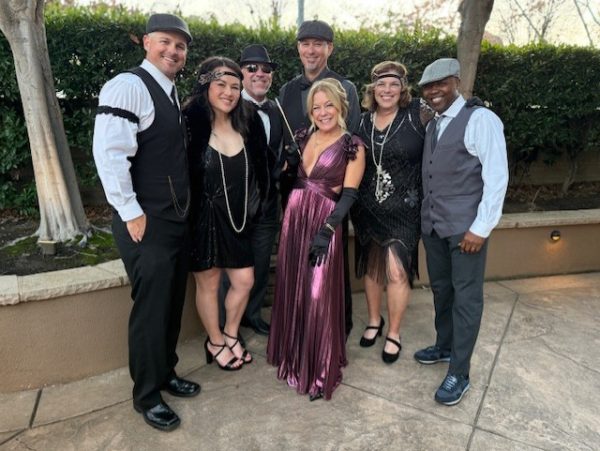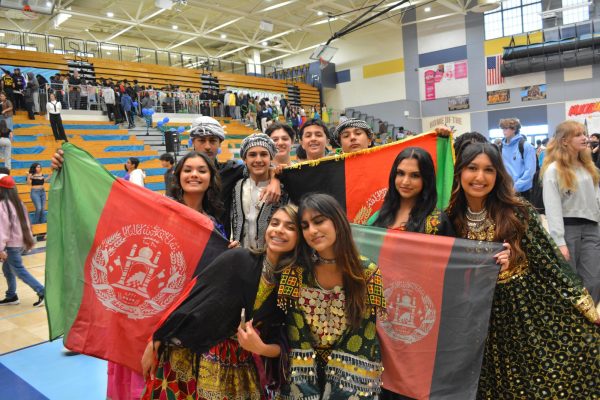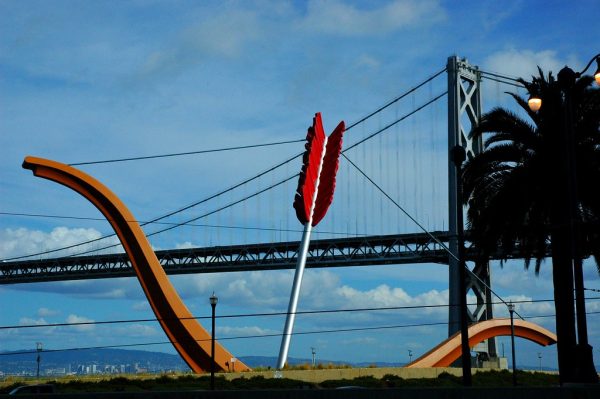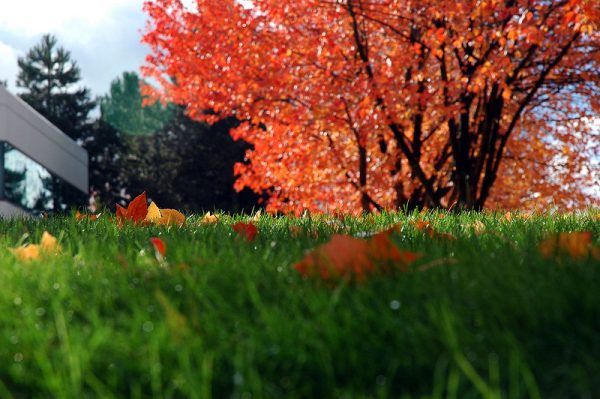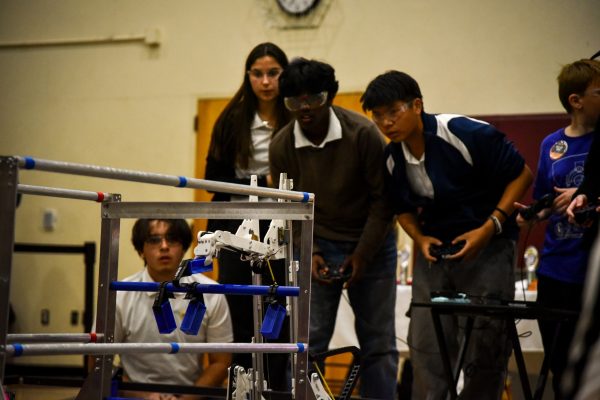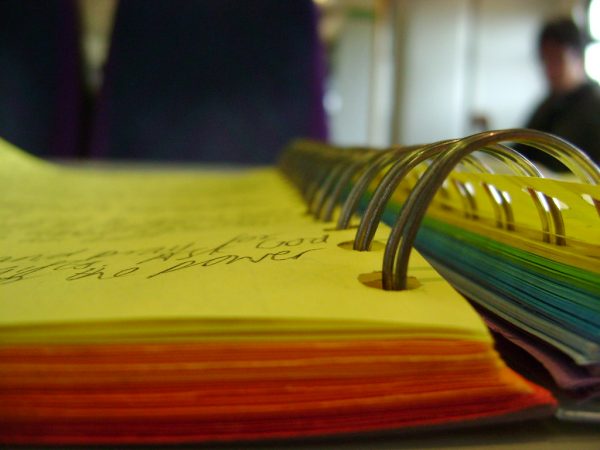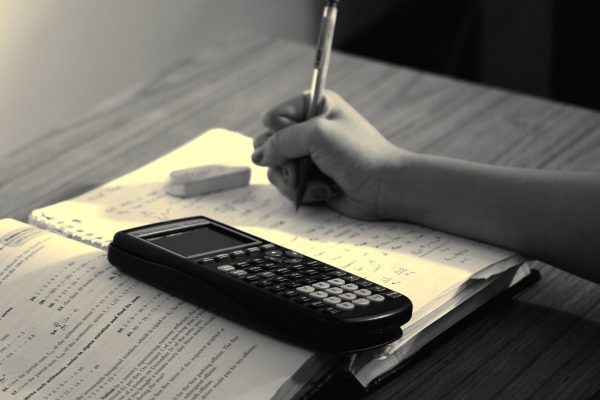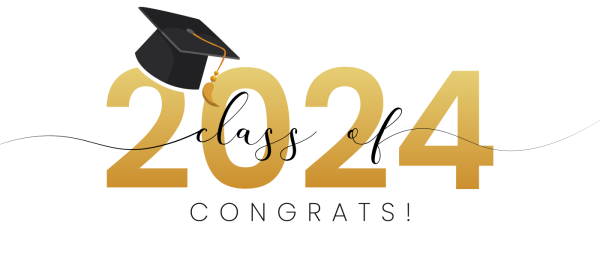Social Media Impacts School Performance
Teenagers spend as much as 63 hours a week on social media alone, and this has a huge impact on their academic performance. Student users of social media have an average GPA of 3.06 while non-users have an average GPA of 3.82. This is simply due to poor time management.
“I honestly love snapchat and twitter. It’s almost an addiction. I always lose track of time when I am on my phone and it takes away from time that I could use to do my homework,” said Jackie Broussard (12).
Students admit that it is in fact impacting their school performance. A study documented the scores of students that used social media during studying and the scores of students that did not and the results show that when students use social media while studying they scored 20 percent lower on the test.
“I know that I shouldn’t use social media while studying, but it is hard to resist replying to a snapchat or message when it pops up on my phone,” said Jacob Jackson (11).
There are some things that students can do to refrain from using social media when they are studying. They can simply store away their phone until they are done with their work. If they have to use their phone for academic purposes, they could turn off their social media notifications so they aren’t tempted to click on the notification and waste precious time that could be used to study efficiently.
Although social media is made for self-expression, students need to take precautions in what they post. Job recruiters and college admissions offices check an applicant’s social media accounts to look for multiple things such as profanity, poor grammar, sexual or religious content, posts pertaining to alcohol or drugs, or cyber-bullying.
“I love the idea of how social media allows you to express yourself how you want, but I think people sometimes end up hurting themselves because of this freedom,” said Alivia Calegari (10).
There are benefits, however. Students can use social media to benefit their academic performance, as it offers a way for teachers and students to communicate. Ms. Davies, a sports med and health teacher here at Heritage High School, uses social media regularly to help students.
“I love having a twitter and being able to see when my students are in need of help or being able to simply be messaged by my students needing help. It makes a connection with my students as well as making it so that they can get the help they need in a setting that is comfortable to them such as social media,” stated Ms. Davies.
Along with being able to easily obtain help, students are using social media to talk about their education. Fifty-nine percent of students say they use social media to talk about educational topics. Another fifty percent stated that they use it to discuss their school assignments.
“Social media is a great tool to use when you are looking for help in school because so many people can see your post and normally a handful of people are willing to help you,” said Morgan Billeci (12).
Ultimately, the way students choose to use social media will decide whether its impact is for the better or the worse

